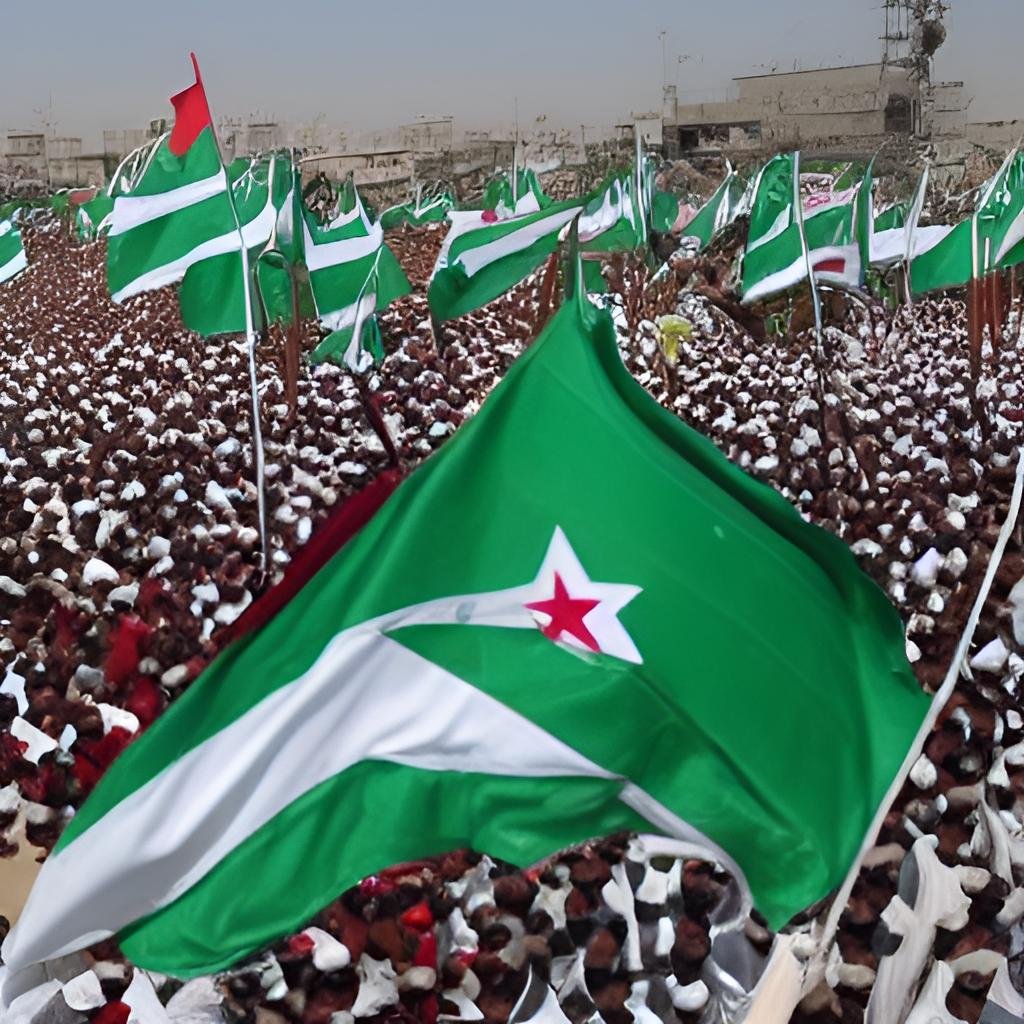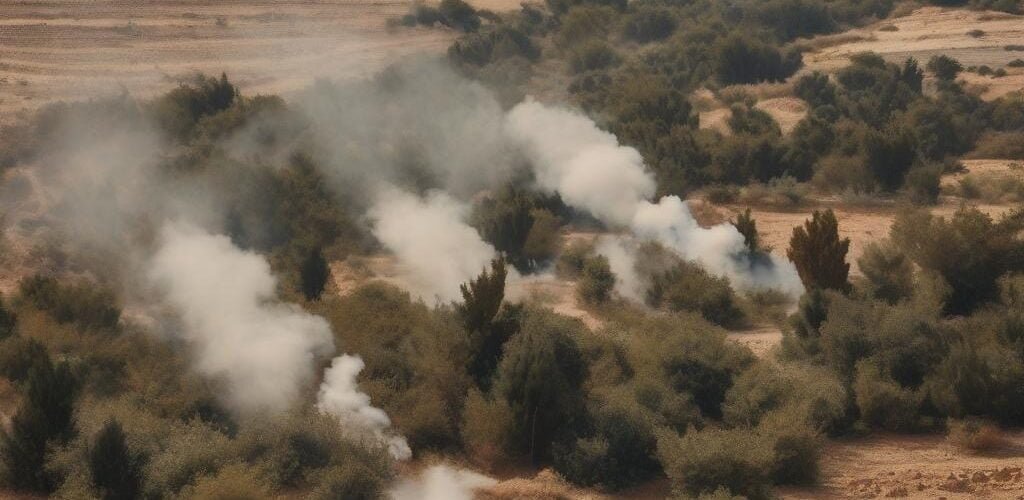Foreign Aid
Nurturing Dependency and Conflict
The purpose of foreign aid is typically twofold – to alleviate immediate suffering and promote long-term development. Yet, an increasing number of critics argue that all foreign aid should be canceled, particularly in light of escalating conflicts such as the Israel-Hamas war in the Middle East. While this viewpoint may appear extreme, its proponents posit that aid often leads to dependency, exacerbates conflict, and can even indirectly sponsor war, thereby resulting in numerous casualties.
Foreign Aid’s Role in Dependency and Conflict
Dependency theory suggests that the economic conditions of less developed countries improve when they are free from external influence. Foreign aid, especially when misused or misallocated, feeds into this cycle of dependency and stagnation. It often discourages local innovation and development as the recipients become reliant on aid. This creates a safety net that promotes inefficiency and complacency while preventing self-sustainability.
Moreover, foreign aid often becomes a potent tool in international politics, escalating conflicts instead of mitigating them. Aid may act as a catalyst for conflict if it unintentionally supports corrupt governments, fosters inequality, or fuels competition among different groups.
Israel and Hamas
A prime example of this scenario is the recent strife involving Israel and Hamas. Ostensibly, both Israel and Palestine receive enormous quantities of foreign aid. However, this aid has arguably contributed more to the conflict than to a resolution.
Roots of the Conflict
The tension between Israel and Palestine originated from territorial disputes dating back to the early 20th century. Nevertheless, foreign aid has helped this tension to fester into an enduring conflict. Countless aid dollars have been diverted for military purposes on both sides, perpetuating a cycle of violence and retaliation.

Fuelling the Fire
This aid tends to indirectly sponsor military activities, given the lack of transparency in its spending. For example, some argue that aid to Palestine, particularly to groups like Hamas, often ends up funding weaponry rather than social programs. Although foreign aid is intended to help citizens, it instead makes the warfront deadlier.
On the other hand, Isreal, a country far from being economically underdeveloped, receives substantial aid from countries like the United States. This money is often designated for defense spending, inadvertently encouraging the militarization of the conflict.
Enabling Accusations and Conflict
This reality of foreign aid bolsters accusations of partiality and fuels the conflict. Hamas argues that foreign aid to Israel indirectly supports occupation and human rights abuses in the West Bank and Gaza. Conversely, Israel’s supporters counter that aid to Palestine aids terrorism. These standpoints only broaden the gulf between the two sides, diminishing the possibility of peaceful dialogue.
Revolutionizing Foreign Aid
In light of these observations, it seems that the clamor for the cancellation of foreign aid has evident substantiation. However, terminating aid immediately would have catastrophic implications, especially for impoverished civilians who depend on it for survival. Therefore, a more practical approach would be to revolutionize the aid process, focusing more on transparency, accountability, and conditionalities to foster self-reliance while minimizing potential misuse.

My Take
As the conflict between Israel and Hamas continues to intensify, it is fair to question the role foreign aid plays in breeding discord and perpetuating violence. Despite its noble intentions, aid can create unintended dependencies and exacerbate hostilities when handled improperly. The key lies in revising the way we administer and perceive foreign aid. Instead of mindlessly pouring money into these regions, the international community needs to employ a more strategic and cautious approach, promoting self-reliance, transparency, and peace. Until then, wars and casualties will remain a tragic and enduring consequence of these aid dynamics.
